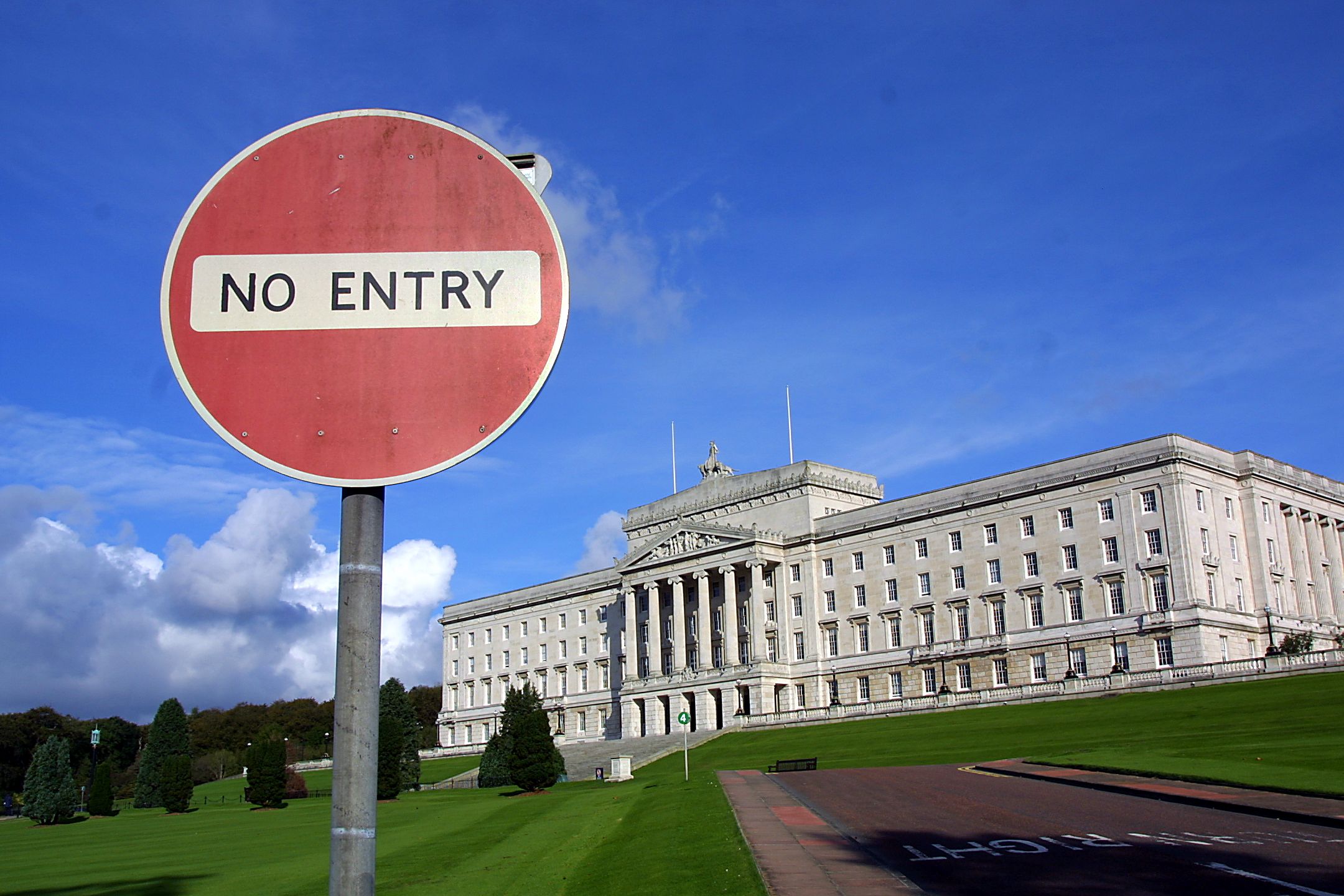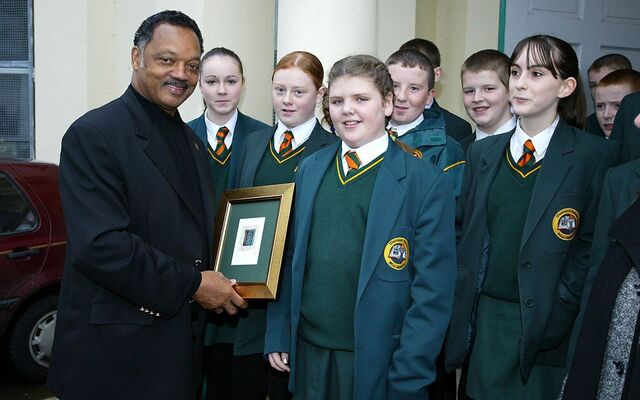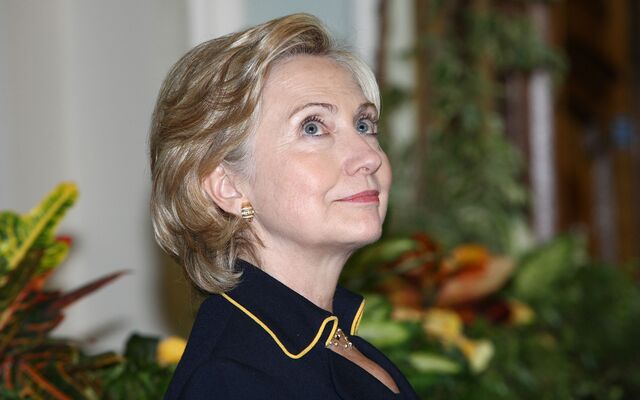THE two new leaders of Unionism face very difficult and very different challenges as they face into the job of defending a union which in its centenary year has never appeared more fragile and threatened.
For DUP leader Edwin Poots it is quite simply a job of addressing the catastrophe of the party’s EU stance, as the DUP’s decision to pursue a hard Brexit is the crumbling rock on which partition is now based.
The outgoing Arlene Foster was undone by a convergence of circumstances, but the beginning of the end came back in January when she briefly decided to face up to the inevitable and recognise what she termed “the gateway of opportunity” that was the Protocol. She was right, of course. The best-of-both-worlds deal has the possibility to be the economy-lifting, morale-boosting gift that partition so badly needs in its 100th year. But spooked by increasing opposition to the Irish Sea border and a poll that suggested that the DUP is facing an existential crisis, she did a tyre-smoking handbrake-turn which did for what remained of her credibility. After that, the end was inevitable, and the speed and brutality of the coup staged by her colleagues was painful to behold.
In her increasingly desperate attempts to bolster her position, Mrs Foster painted the DUP into the corner in which her successor now finds himself. For the leading Unionist party there is one priority: Get rid of the Protocol. Mrs Foster’s increasingly uncompromising rhetoric in her final weeks and months has left no ambiguity or nuance that Mr Poots and his new team at the top can exploit. It is all or nothing. If the customs posts at Belfast and Larne are still in place by next May’s Assembly election, wipe-out is a very distinct possibility.
Mr Poots may have drawn some comfort from the tough talk this week of the UK’s former lead Brexit negotiator David Frost. But Mr Frost’s words have more than a faint air of the ridiculously desperate about them and even if the British succeed in winning significant customs checks mitigations, the chances of the border being moved entirely are vanishingly small.
In the end, a man who’s not renowned for fancy talk may only be saved by some smart wordplay. Mr Poots has an entire year to recalibrate Unionist expectations while simultaneously lowering the volume on the doom-mongering. But will he do it?
Meanwhile, new UUP leader Doug Beattie’s coronation was as unremarkable as the reign of the man he replaces, Steve Aiken. The Protocol is not an albatross around the UUP’s neck, although it could become a problem for the party if Mr Beattie makes policy with one eye on the DUP.
That’s what the party has done in relation to its unwavering opposition to an Irish Language Act, an issue which is a direct contradiction of Mr Beattie’s claim to moderation. The cohort which he needs to attract to effect a revival of fortunes is no more opposed to language rights than it is to LGBTQ rights, women’s rights or racial equality. He can’t offer an à la carte menu – he has to be all in.
And he’ll be welcomed.






